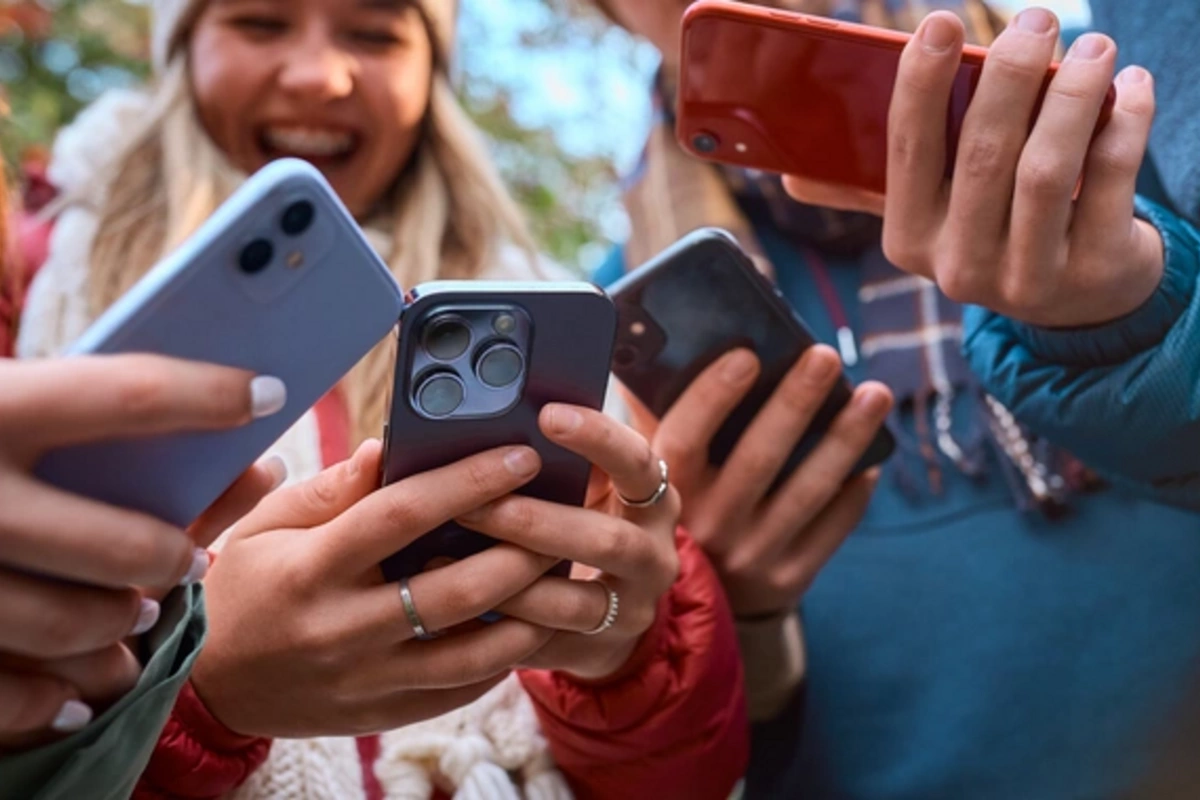06 May , 09:29 2025
2

Cambridge scientists have revealed the connection between adolescent mental disorders and their behavior on social media. The study showed that young people with anxiety and depression not only spend more time in virtual space but also react completely differently to what happens there compared to their psychologically healthy peers. This tendency is most pronounced in "internal" disorders.
Adolescents with such conditions demonstrate an increased emotional response to virtual interactions: they experience more distress about the number of likes and content of comments, more often compare themselves to other users, and admit to losing control over the time spent online.
The large-scale study, the results of which were published in the prestigious scientific journal Nature Human Behaviour, covered 3,340 adolescents aged 11 to 19 years. Scientists emphasize the uniqueness of their work — it became one of the first to use clinical methods of mental health assessment to analyze online behavior.
The results were impressive: adolescents with psychological problems spend a whole 50 minutes more on social media daily. At the same time, they more often report feelings of loneliness, lack of virtual friends, and growing self-doubt due to constant comparison with others.
"Although our research does not prove that social media causes mental disorders, we see that adolescents with such problems use them differently," emphasized lead author Louise Fassi.
Researchers propose a hypothesis about a two-way connection: the psychological state of adolescents may determine their digital behavior, and the nature of social media use, in turn, can exacerbate existing problems.